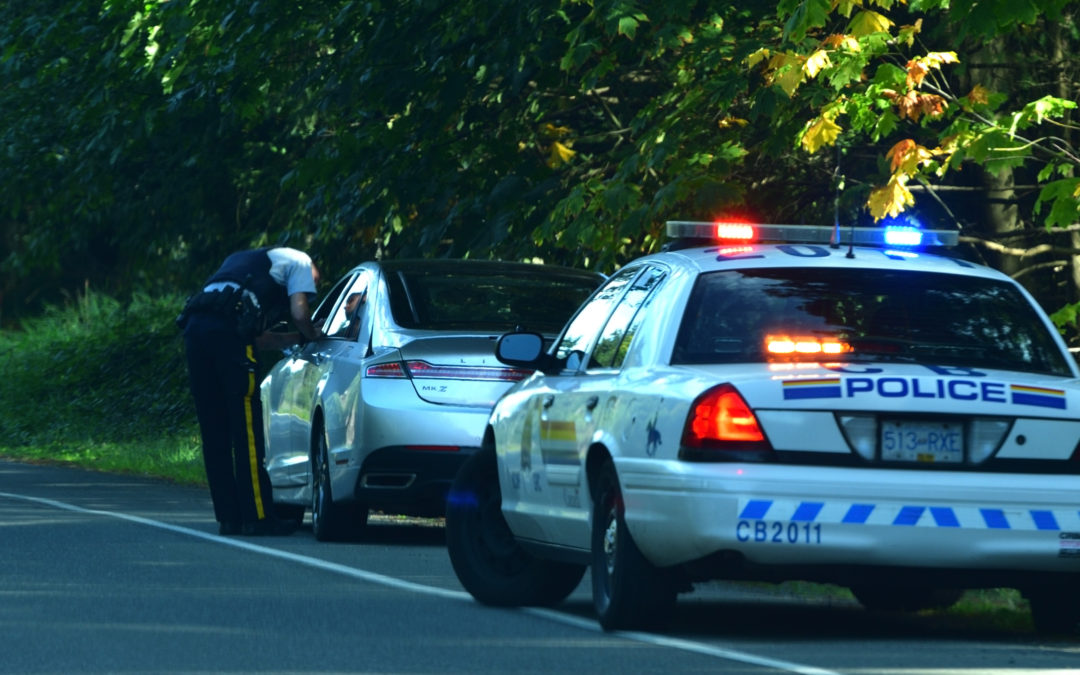What To Ask During a Police Encounter
Getting questioned by law enforcement can make the Holiday season (or any other season) far less cheerful. However, being prepared and refraining from talking can make the situation smoother and less stressful. If you are facing legal troubles and need an advocate, contact Thomas A. Corletta, Attorney at Law in Rochester, NY, for more information.
What to Ask Officers During an Arrest
Do you have a Search/Arrest Warrant?
If you are in your car or home and police ask to search either, you can and should refuse to permit them to do so. For the police to search your home, they generally need a Search Warrant signed by a judge. Automobile rules are different (due to their mobility). They can be searched without a warrant if police have probable cause to believe contraband associated with your arrest can be found inside. However, this rule is subject to several exceptions. You should never consent to a search of your vehicle.
Am I being detained, and if so, why?
There are critical differences between detention and arrest. For police to detain you for any period, they must have reasonable suspicion you are committing or have committed a crime. Stops for traffic violations must be brief and cannot be unduly prolonged. The officer must provide a reason for the stop, supported by articulable facts that you committed a traffic violation or a crime. Such detentions must be brief, and limited in scope and duration based upon the initial reason for stopping or detaining you.
Am I being arrested? If so, why?
Police must meet a higher standard for arrest. To make an arrest, they must either have an Arrest Warrant signed by a judge or probable cause to believe a crime was committed, either in their presence or outside their presence based upon other evidence. If you are arrested, your freedom of movement must be significantly restrained, so that a reasonable person in your circumstances would believe they were not free to leave.
Can you stop questioning me until your lawyer arrives?
If you are arrested, the officer must read you Miranda Warnings if they intend to question you. Your Constitutional rights are the right to remain silent, to be represented by an attorney and have them present during questioning. An attorney will be appointed free of charge if you cannot afford an attorney. Once you invoke your right to counsel, all questioning must cease. Anything you say can be used against you, so it is wise to invoke your right to remain silent and right to counsel until you can speak to a lawyer.
Can the Police Search Your Phone?
When can police search a cell phone?
The Fourth Amendment of the United States Constitution protects citizens from unreasonable searches and seizures. In 2014, the United States Supreme Court’s decision in Riley v. California confirmed that this protection generally extends to cell phones using a property-based analysis. Law enforcement must obtain a Warrant before searching your phone, and it cannot be seized and searched “incident to arrest” like other possessions on your person. If the police fail to do so, a criminal defense attorney can and will argue your rights were violated, and any information obtained from the phone suppressed.
Are there expectations to the Warrant rule?
Police can search a phone without a warrant in certain limited situations. They can do so if they receive your express consent or have reasonable cause to believe you might wipe the data before they can get a Warrant; this is called “exigent circumstances.” There is also an exception for “emergency” situations. Immigration officials also generally need a Warrant to check phones, although this does not apply at the border or in airports. Generally, searches in airports or at the border do not require a Warrant and fall within an exception to the Warrant requirement.
Why do people comply with police searches?
Many people give police consent to search their phones because they want to appear cooperative or do not know they can refuse. Criminal defense attorneys recommend that you decline to consent to a search under any circumstances. You may also refuse to give the police your passcode.
Your Next Steps…
If you are arrested or detained, or charged with any crime, seek legal advice from Thomas A. Corletta, Attorney & Counselor at Law in Rochester, NY. With more than 40 years of experience as a criminal defense lawyer, he is well-equipped to protect your rights throughout the entire criminal process. When you call Attorney Corletta, you speak to him directly, and he handles each case personally. Call 585-546-5072 or visit our contact us page to schedule a consultation. Do not discuss criminal matters with third parties, or anyone besides your attorney.

